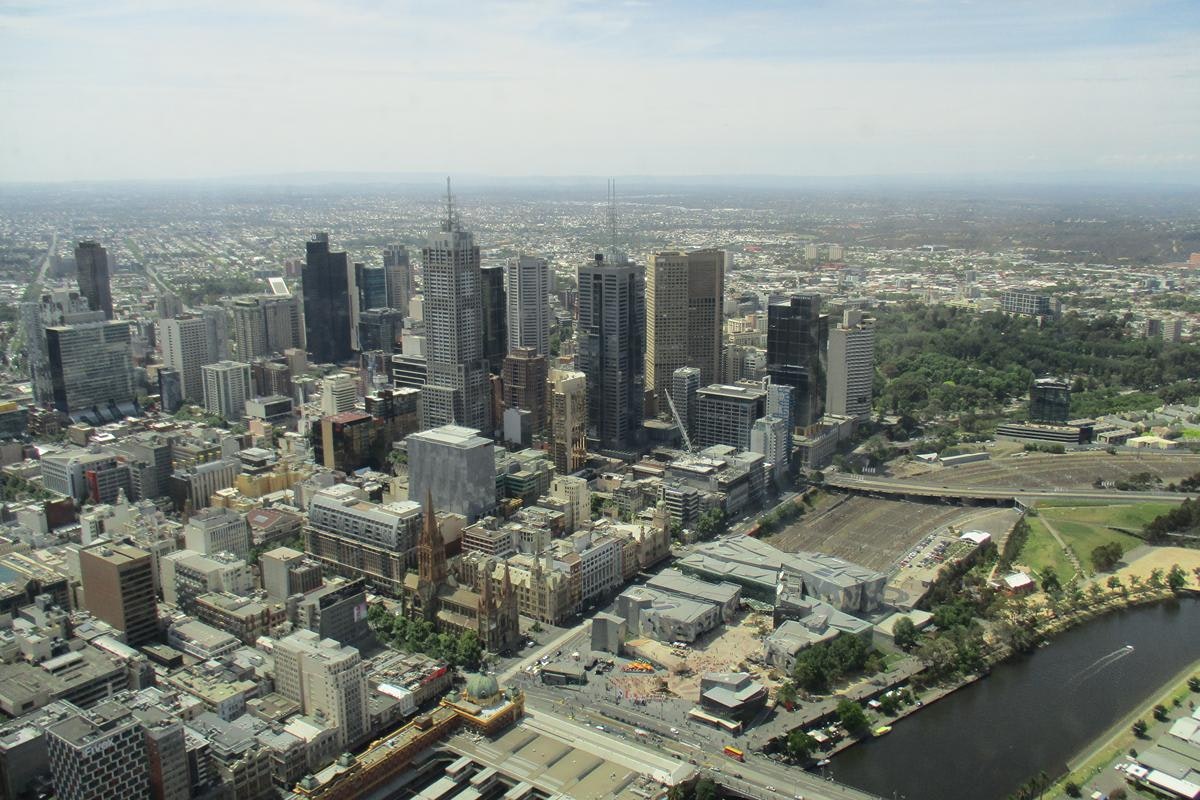How much does it cost to live in Australia?
This article provides a practical guide to the cost of living in Melbourne, Australia. It includes approximate prices for housing, transport, utilities, food, insurance, education, and entertainment, along with helpful tips to budget monthly and adapt to the Australian lifestyle.

By:
LINA AVILA HENAO
Last Updated:
Jun 11, 2025
Tags:
#daily-life
Don’t freak out, but living in Australia is quite expensive. That doesn’t mean no one can live there, nor does it mean that everyone who lives there is a millionaire.
It simply means that if you go to Australia, you’ll quickly realize that groceries, clothing, food, rent, entertainment, and daily life, in general, are very costly.
To be honest, before I came to Australia, people warned me that it was expensive and that I should prepare for high prices—but I never imagined it would be that expensive. That said, keep this in mind: the average income in Australia is quite high. This helps balance things out and allows people to live in such a country.
This article focuses on Melbourne, the Australian city I know best and have lived in the longest. So all the prices and descriptions I’m sharing are based on that city. Prices are approximate and can vary depending on the area.
Housing
You need a place to live—whether for yourself or shared with someone else, you’ll need a place to stay.
Rental prices in Australia vary depending on the type of property and the location. The closer you are to the CBD (Central Business District), the more expensive it will be. The further out you go—like living in the suburbs—the cheaper it gets. Visit our post about where to live in Melbourne
Apartments are listed on real estate websites with weekly prices. You can check sites like RealEstate to explore by area, but here are some examples:
2-bedroom apartment in the CBD: $540 – $800 AUD/week
2-bedroom apartment 20 minutes from the CBD (Brunswick, Moonee Ponds, Ascot Vale): $490 – $650 AUD/week
2-bedroom apartment 40 minutes from the CBD (Ringwood, Box Hill): $490 – $600 AUD/week
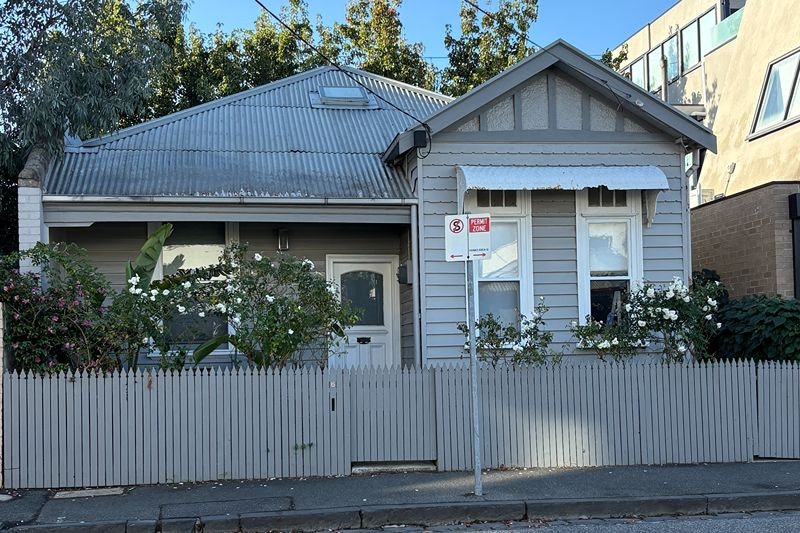
Honestly, when I looked for places in the 40-minute zones, I didn’t see a huge price drop compared to the 20-minute zones, but I did notice larger and better-maintained homes, like townhouses and more spacious apartments.
If you’ve just arrived in Melbourne, you’ll probably need to share a room at first to cut costs. However, moving further out might allow you to get a private room for the same price. For example, in Port Melbourne, you can find one for about $250 AUD/week.
Transport
Using Public transport
If you work or study far from home, you’ll need a Myki card to use public transport. Melbourne offers trains, trams, and buses. Fares are based on zones.
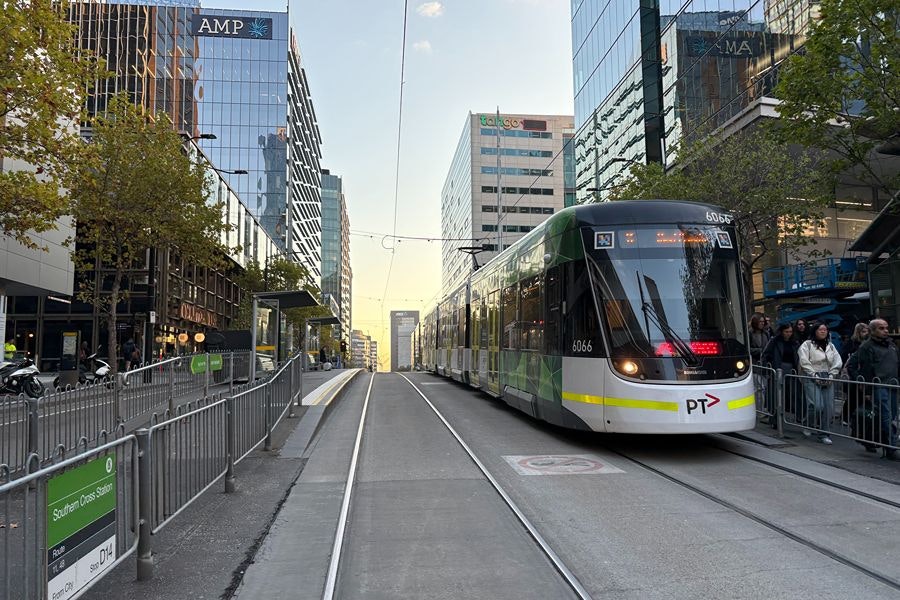
Unlimited travel within zones 1 and 2:
Weekly pass: $55 AUD (full fare), $27.50 AUD (concession)
Monthly pass: $198 AUD (full fare), $99 AUD (concession)
Annual pass: $2,145 AUD (full fare), $1,072 AUD (concession)
If you don’t travel daily, you can load money onto your Myki and pay per trip or per day. A full-day pass across zones 1 and 2 costs about $11 AUD.
Owning a Car
If you want to buy a car, it’s a different story.
Used car: From $5,000 AUD
Vehicle registration (like SOAT): $906.60 AUD/year
Fuel: $1.67 AUD/litre (approx. $6.32 AUD/gallon)
Insurance: From $1,720 AUD/year, depending on age, vehicle condition, brand/model, and coverage
Maintenance: $1,100 – $1,700 AUD/year
Utilities and Bills
In Australia, you’ll need to pay for electricity, gas, water, and internet. In my opinion, service prices here aren’t as high as in Colombia, for example, but you still need to be mindful of your usage. If you want to know how to pay your bills in Australia, check this out!
Electricity and gas can vary a lot depending on the season. In winter, heaters (usually gas-powered) are used frequently. If you leave the heater on all day, your gas bill will go up. Older, poorly insulated homes need more heating.
Electric heaters do exist, but be cautious—they’re not known for being energy-efficient.
In summer, air conditioning drives up the electricity bill, especially if it’s on all day or overnight.
If you rent a room, ask if “bills” are included. If yes, they’re part of the rent. If not, they’ll be split among housemates. Next you will find an estimated of utility costs (for two people in an apartment)
Service and Estimated Cost (AUD)
Electricity
$130 – $150
Gas
$50 – $80
Water
$50 – $80
Internet (NBN)
$70 – $90
Mobile phone (per line)
$30 – $60
Total
$330 – $460
Food
Here, we’ll talk about buying food to cook and eating out, because there are quite a few differences—and you’ll see you can save a bit if you choose to cook.
Supermarket
In Melbourne, you'll find supermarkets like Coles, Woolworths, Aldi, and also local markets where the products can be fresher (and sometimes cheaper).
Rice (1 kg): $4 AUD
Dry lentils or beans (500 g): $2.50 – $5.50 AUD
Milk (1 L): $2.80 AUD
Eggs (12 units): $7 – $8 AUD
Bread (loaf): $2.76 – $4 AUD
Potatoes (1 kg): $4.90 – $6 AUD
Cheese (500 g): $7 – $12 AUD
Dry pasta (500 g): $2 – $4 AUD
Chicken (1 kg): $10 – $12 AUD
Cereal (500 g): $4.50 – $7.00 AUD
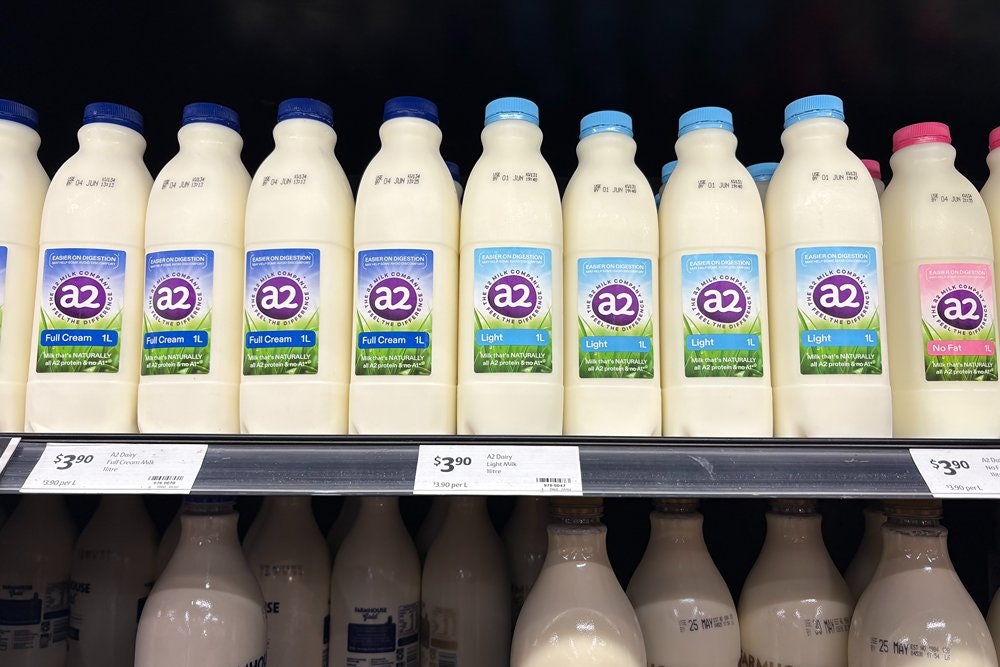
The monthly estimate for two people is around $400 – $500 AUD, but keep in mind: prices vary a lot depending on the supermarket, product quality, how often you consume the items, and how much you buy.
Eating Out
Melbourne is a multicultural city with a huge variety of food options. Eating out can be expensive or affordable depending on where you go.
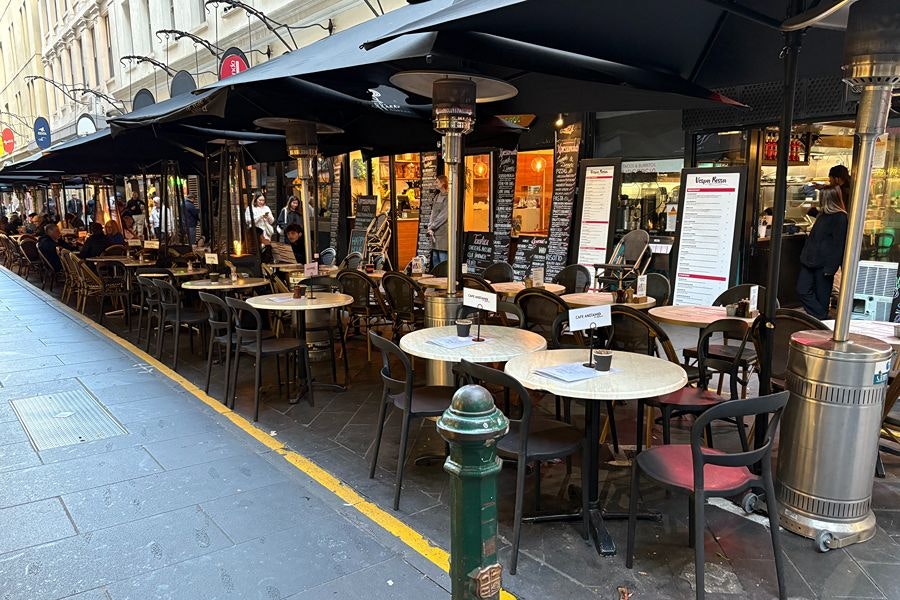
Café breakfast: $28 – $35 AUD (including a breakfast plate and coffee)
Pub lunch: $35 – $50 AUD (including a drink)
Various restaurants: $25 – $50 AUD. The range is broad, with both upscale and budget-friendly options.
Kebab: $8 – $14 AUD (combo $20 – $24.50 AUD)
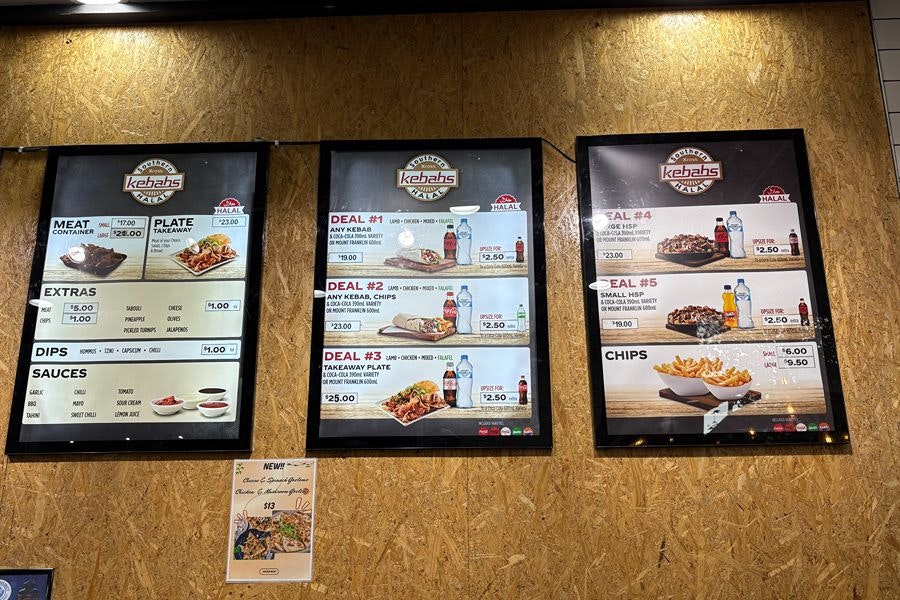
Pho (famous Vietnamese soup): $15 – $20 AUD
Insurance
Whether you're a student or a resident, you need health insurance in case of emergencies. Even if it seems unlikely, it’s best to be covered.
Students (OSHC)
If you're a student, it’s mandatory to have Overseas Student Health Cover (OSHC). It costs about $60 AUD per month, depending on the coverage and insurance provider.
Residents (Private Health Insurance)
For residents, private health insurance can cost between $79 and $229 AUD per month, depending on the plan and included benefits.
Education
This is probably the main reason you came to Australia, and you may have already paid these costs before arriving. However, here’s an overview in case you want to calculate your total budget.
Course fees
English course: between $200 and $450 AUD per week
Diplomas (TAFE): between $6,000 and $23,000 AUD per academic year
Master's degrees: between $20,000 and $40,000 AUD per semester, depending on the university. The more prestigious, the more expensive.
Additional Expenses
Don’t forget to add costs for books, materials, notebooks, photocopies, extracurricular activities, class excursions that always come up with a new subject.
Entertainment
It’s important to include this in your estimate for living in Australia. Having fun and a social life is important to avoid feeling isolated or stuck in routine.
Cinema (general admission): $12.50 AUD
Cinema (luxury theatre): $27.50 AUD
Gym: $17 – $24 AUD per week (be careful with contracts — they’re not always easy to cancel!)
Bicycle: A second-hand bike in good condition can cost from $100 AUD. A new one ranges between $300 and $1,000 AUD depending on the model.
Savings
At first, you might not be able to save much, but if you can, build an emergency fund in case something happens and you need to return to your country or deal with an unexpected cost. For example, I used to set aside a small portion of my paycheck each month. After a year, I was able to go to Bali, and the next year, to Thailand.
To wrap up
Yes, Melbourne is not cheap. But if you plan well, you can live comfortably even on a tight budget. It’s a city with a high quality of life, job opportunities, and an incredible cultural richness.
The best part? Over time, you learn how to save, cook at home, ride a bike, hunt for deals—and before you know it, you fall in love with living in this city. You realize that the cost is part of the experience, and that every bit of the investment has been worth it.


